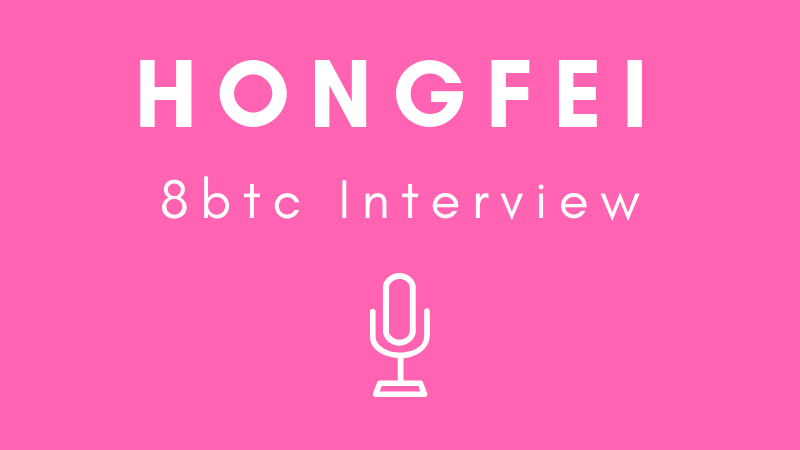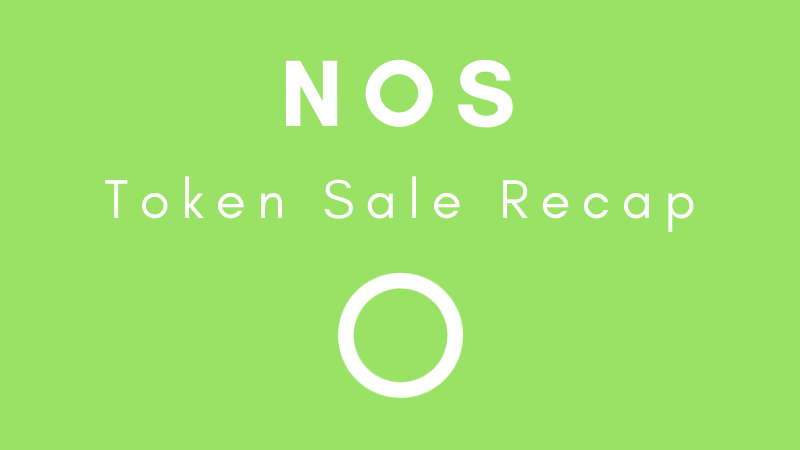
Following the two year anniversary of NEO’s MainNet launch, founder Da Hongfei participated in an interview with 8btc.com, a China-based cryptocurrency community. The conversation was oriented toward product development in the gaming and finance sectors, decentralization of consensus nodes, trends in blockchain over the past two years, competing in the blockchain space, and stable coins.
The interview started off with a line of questioning surrounding NEO’s application scenario; is it now gaming- or finance-oriented? Da started off saying, “our general goal hasn’t changed.” He went on to state there are really only two ways to implement new technology in the finance industry: “cooperating with a licensed traditional financial institute” or “by doing something that doesn’t need a license.” But, the finance industry is laden with regulatory barriers blockchain companies must maneuver, so NEO has broadened its scope to develop within the gaming industry as “game assets and tokens go together naturally.”
With regards to decentralization, Da pointed out of the seven consensus nodes on TestNet, “2 are maintained by NEO Foundation, 1 is maintained by NEO Global Development, 2 are maintained by City of Zion, 1 is maintained by KPN, and 1 is maintained by Swisscom Blockchain.” Once a node has demonstrated it can maintain node stability for six months, it can be voted onto the NEO MainNet by token holders. Da also acknowledged “the majority of votes come from exchanges and [the NEO] team so far,” and that voting power will be delegated to the public in the future.
The interviewer inquired as to how public blockchains have changed, and how to be competitive in a market where there are many. In the past two years, Da stated public blockchains have attracted more users because “market cap of public chains is usually higher than others,” and that public chains now aim “for the global market” from the beginning. Though, he noted a “pain point is the language and cultural barriers faced by many [China-based] projects, which is a large difference from the overseas project[s].”
To competitive, a public chain project needs upper-layer applications and developers. Da aims to compete by “exploring how to develop an ease-of-use and [a] developer-friendly public chain.” This can be done by providing documentation and tutorials to “quickly teach a developer to develop smart contracts on NEO.”
According to the interviewer, “NEO’s overall reputation and popularity overseas is probably the best among the [Chinese] team-led projects.” Da attributes this success to perfecting its “products and technologies.” But, acknowledges an area of weakness that can be improved upon is communication, as the team faces “cultural barriers in the development of overseas communities.” NEO’s English-translated documentation is a prerequisite to growing the international development community.
Lastly, on the topic of stable coin product offerings, Da believes “stable currency that meets the supervision [requirements] is useless” as it’s “likely that it is the same as the original product, which is already in existence in the world.” He went on to iterate that any product that “conforms to the original regulation and [its] definition” and doesn’t “promote the emergence of a new regulatory system” will simply be an upgrade of the original product, not a replacement.
With regards to looking forward to future development of the space, Da finds that “teams that equipped with a strong vision and engaged in meaningful things with far-reaching influence” are those who will build a product that will be “recognized by the market when the industry comes to the next boom period.”
The full interview can be found at the following link:







About The Author: Dylan Grabowski
Dylan is a reformed urban planner with a passion for covering the Neo ecosystem. His objective as a writer for Neo News Today is to report news in an objective, fact-based, non-sensational manner. When not behind a computer screen, he can be found in the mountains rock climbing. Find Dylan on Twitter (@GrabowskiDylan).
More posts by Dylan Grabowski